15 Foods That Have More Protein Than an Egg
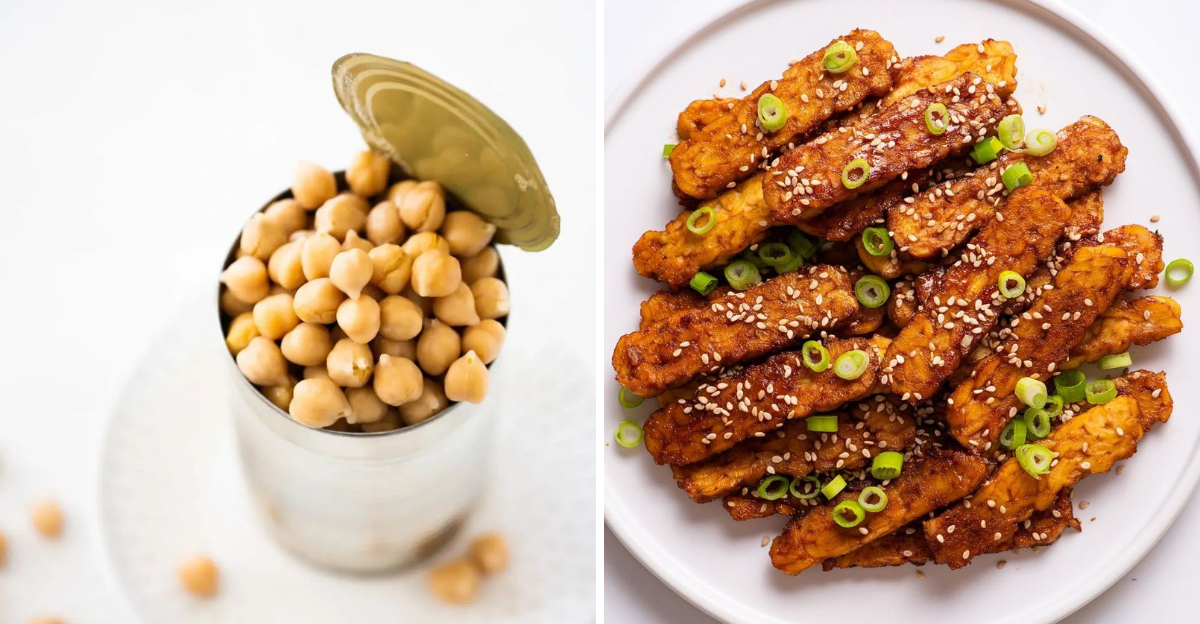
Eggs are celebrated for their protein content, but many foods surpass them in protein power. This blog explores 15 such foods, each packing more protein per serving than an egg. Whether you’re looking to diversify your protein sources or enhance your nutrition, these options offer delicious and versatile ways to do so.

© easychickenrecipes 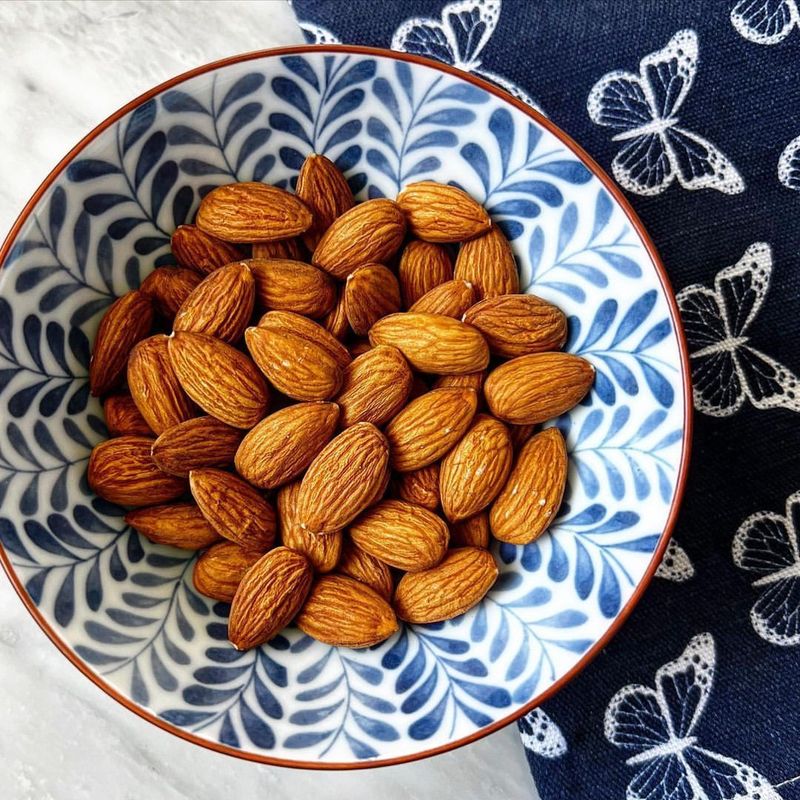
© bluezones 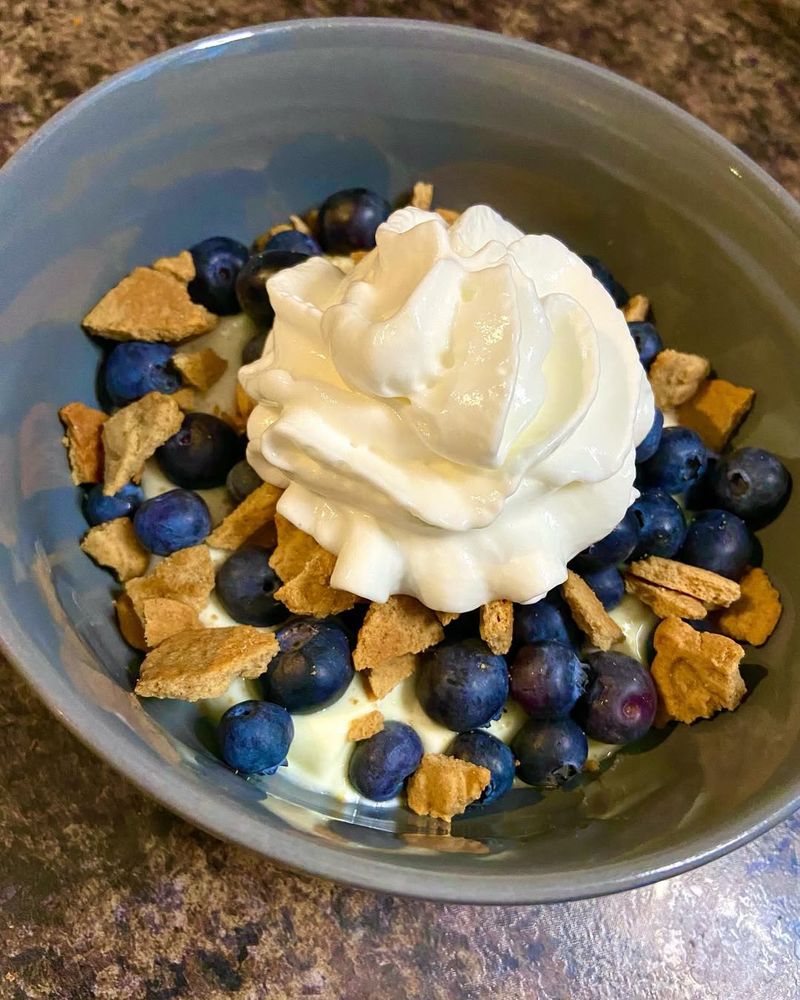
© nikkigets_fit 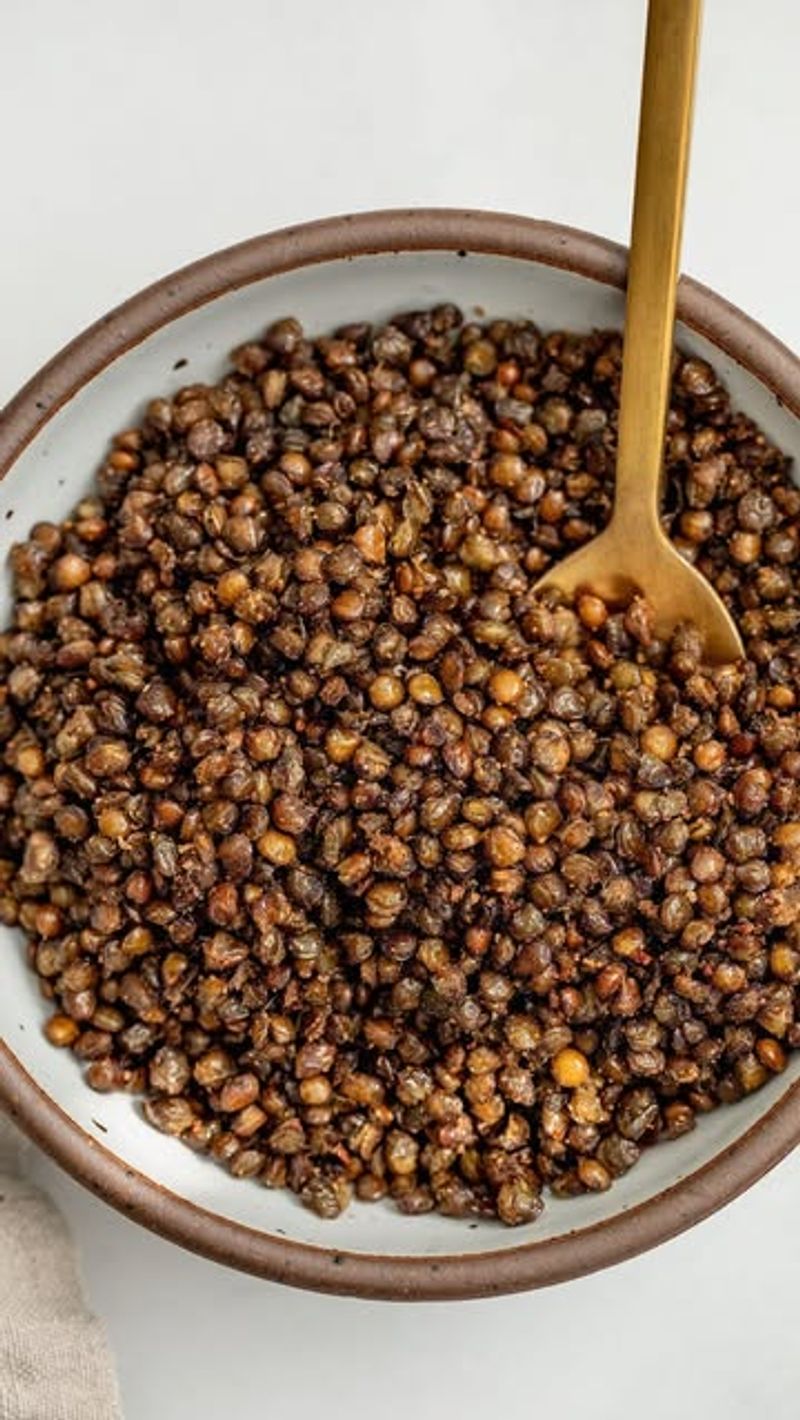
© plantbasedrd 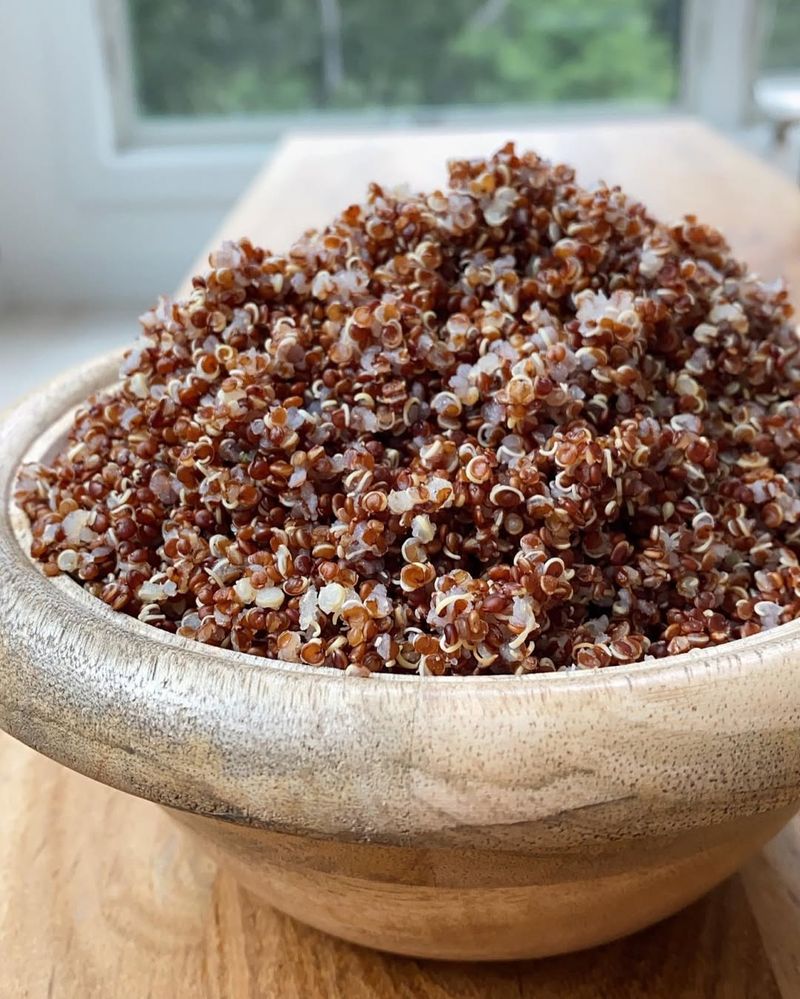
© thesneakychef 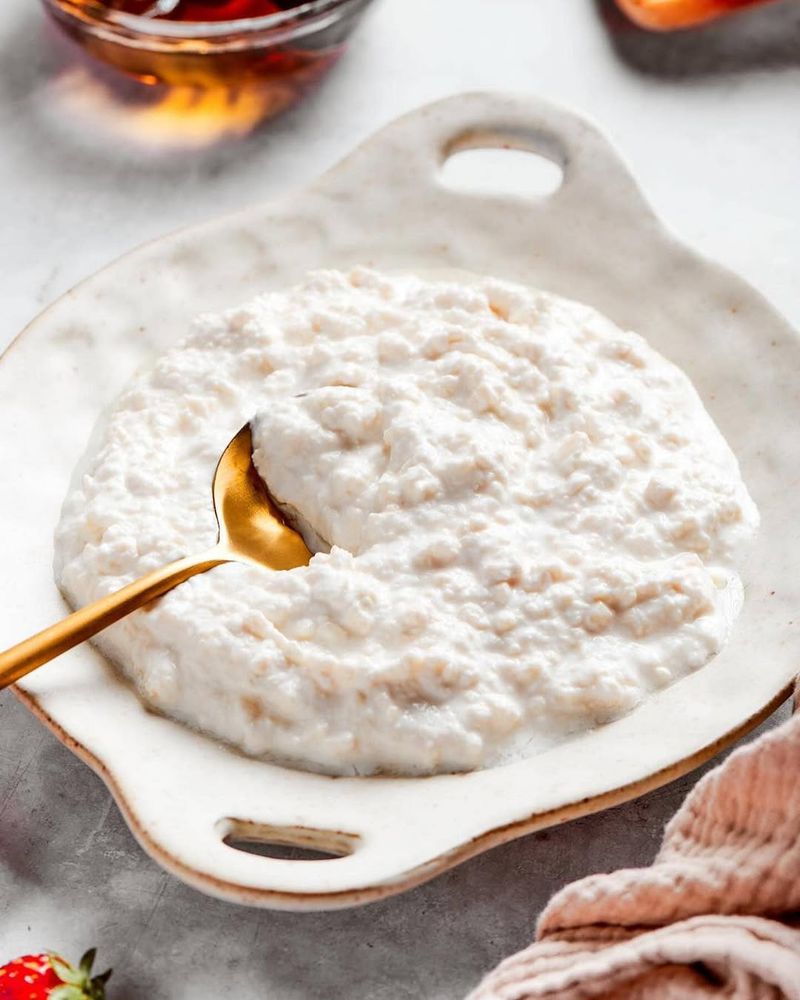
© thebigmansworld 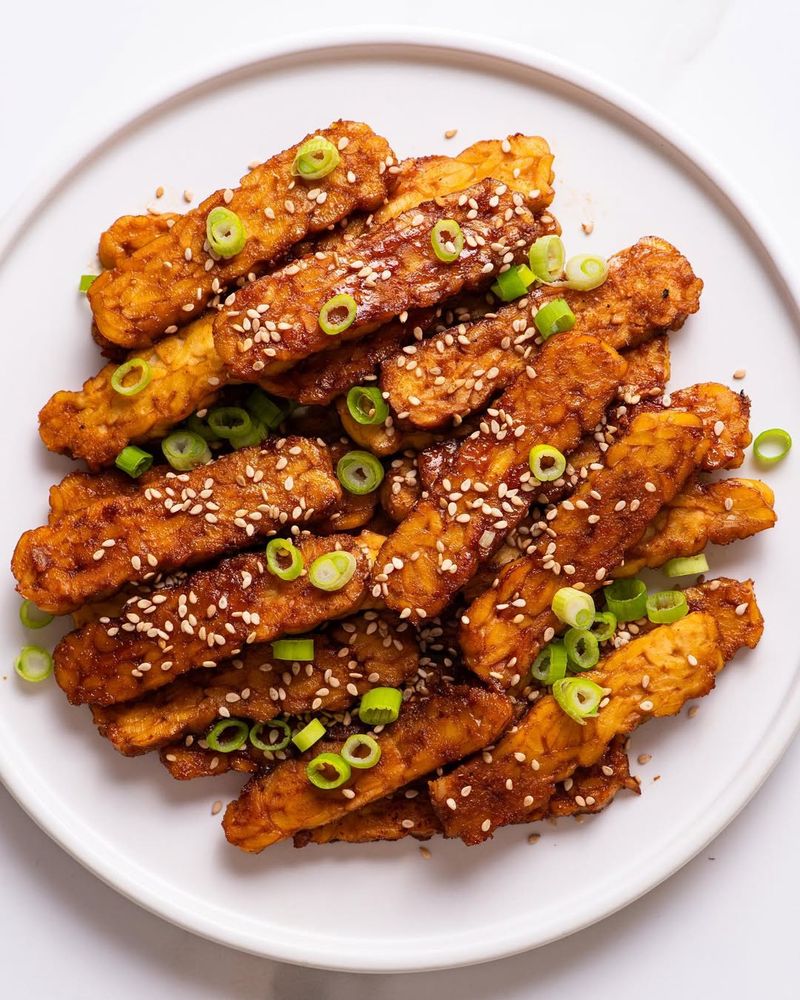
© thenewbaguette 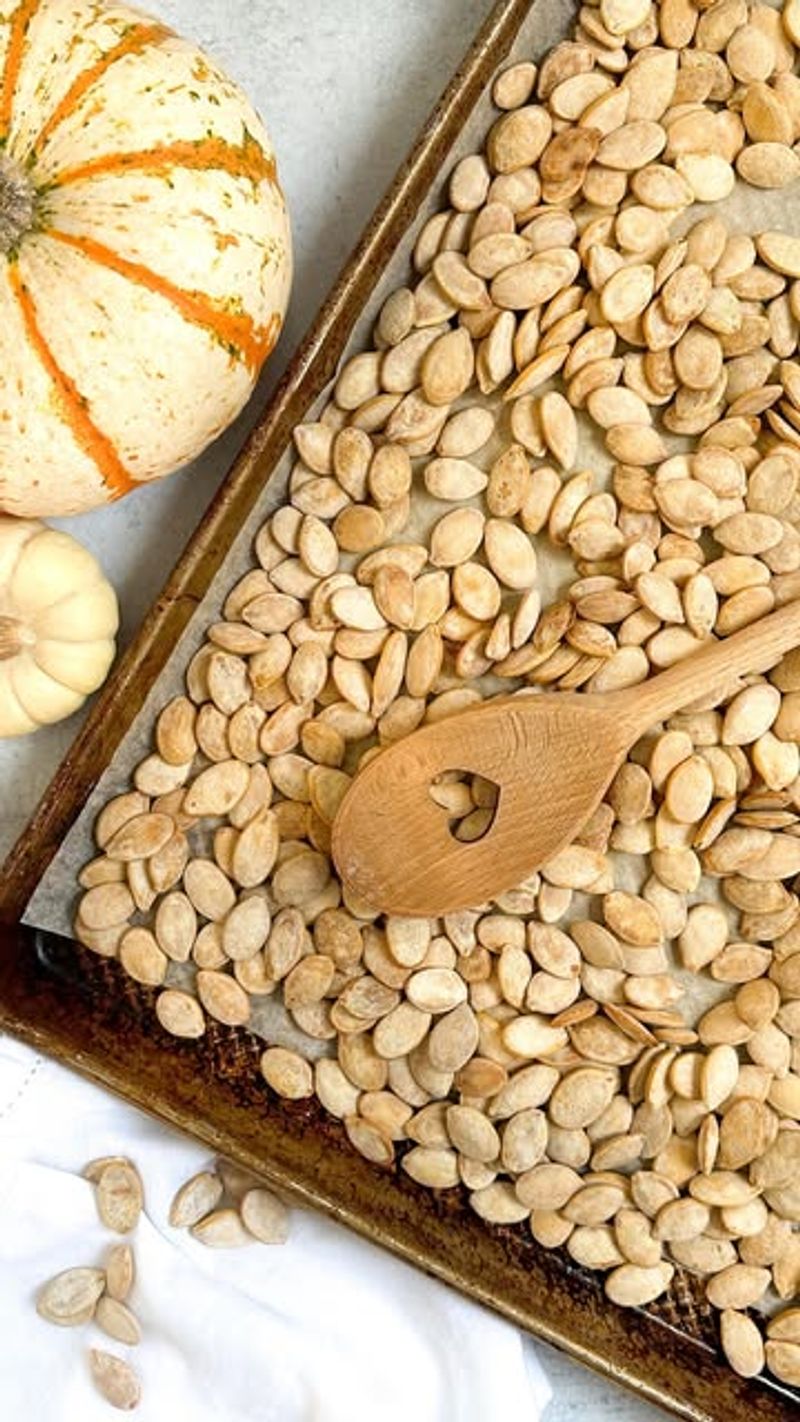
© kitchenconfession 
© adilicious19 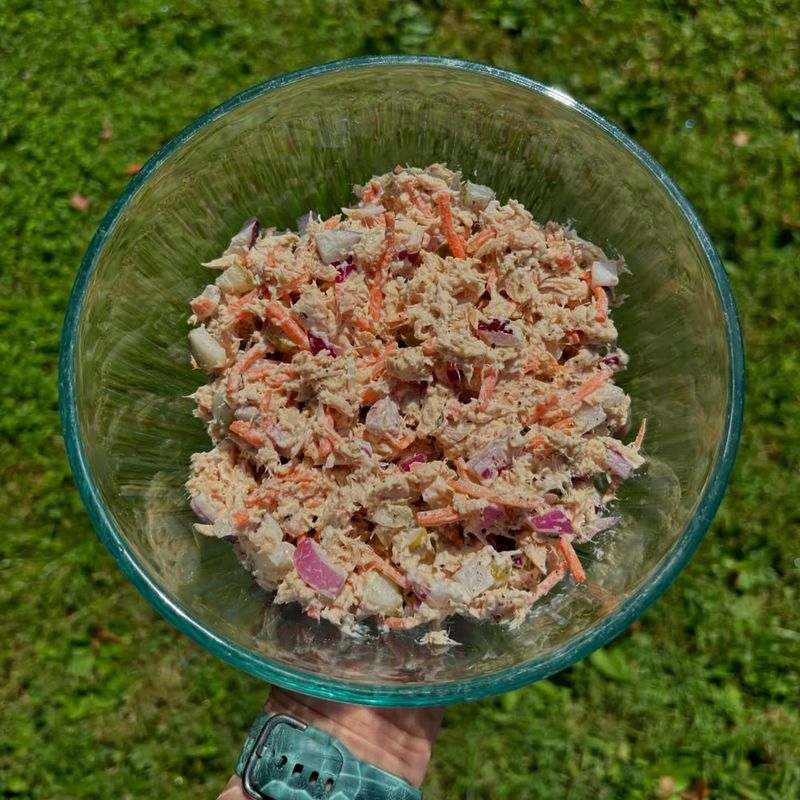
© ourhomepaige 
© joybauer 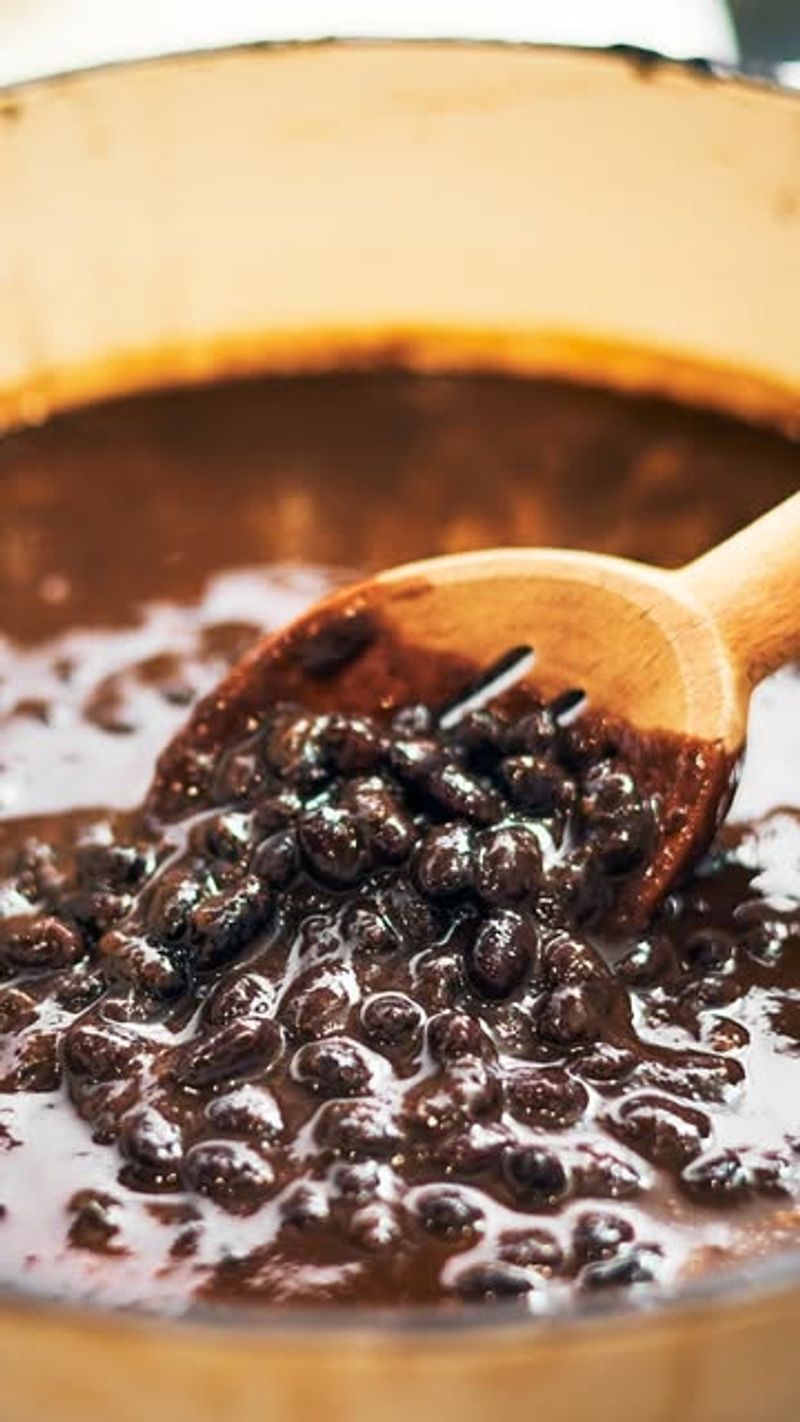
© evergreenkitchen 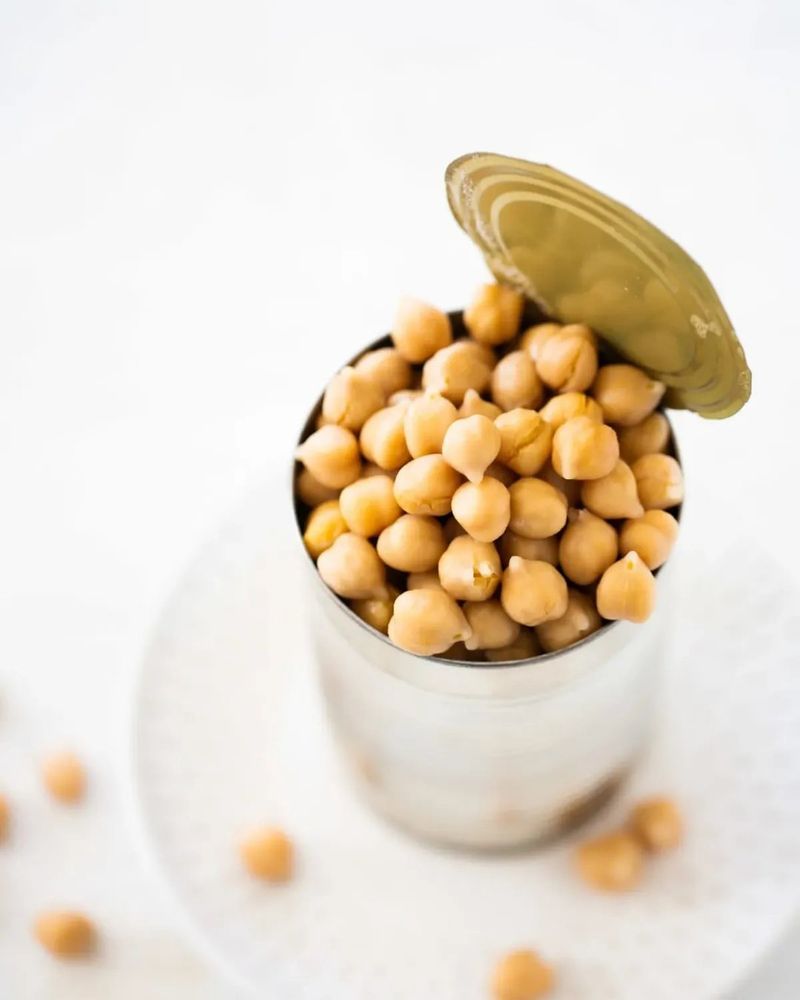
© piloncilloyvainilla 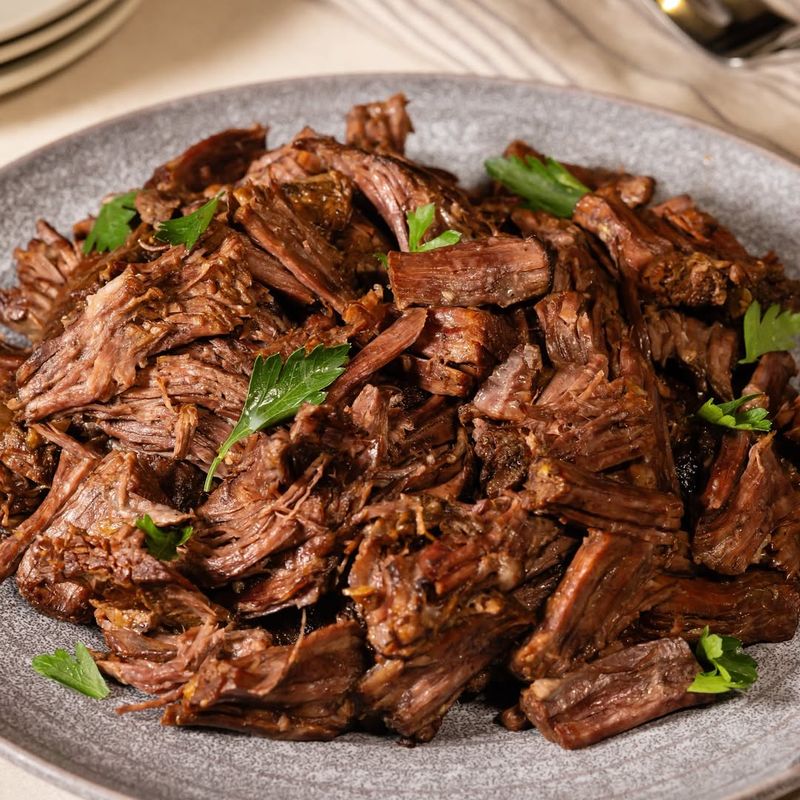
© beefitswhatsfordinner 
© vegscratchkitchen
1. Chicken Breast

2. Almonds

3. Greek Yogurt

4. Lentils

5. Quinoa

6. Cottage Cheese

7. Tempeh

8. Pumpkin Seeds

9. Peanut Butter

10. Tuna

11. Edamame

12. Black Beans

13. Chickpeas

14. Beef

15. Seitan

